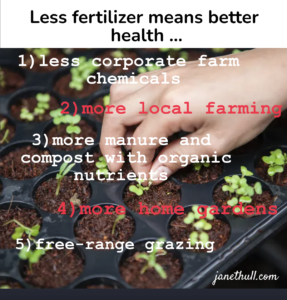
Mainstream news today is warning about an upcoming food shortage due to a shortage of fertilizer. This IS serious news and IT WILL be a big problem, but don’t panic.
We will have some adjustments to make when going to the grocery store, but if we put our smarts on and prepare for food shortages, we will come through this lifestyle change much healthier.
Most farmers have already bought the fertilizer needed for their 2022 crops, but the fertilizer shortages will definitely affect their 2023 growing season. They can prepare for this shortage now, though, and we can, too.
Solutions
Here are 4 ways we can prepare for a food crisis in America. At the end of the day, this warning may be a hidden blessing because farms can return to producing healthier food with less manufactured dependencies, and so will we!
1) Less Corporate Farm Chemicals
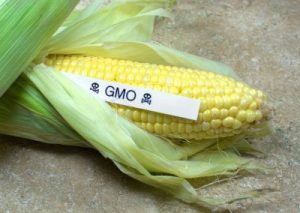
Today, most farmers depend on manufactured fertilizers to yield successful crops. Sadly, Monsanto’s GMOs made things worse when they created an expensive dependency on fertilizers by selling genetically engineered seeds.
But remember that farming wasn’t always this way. With an upcoming food shortage coming in 2023, farmers can prepare by returning to the way farming used to be a few decades ago when fertilizers were all-natural and put lost plant nutrients back into the soil to yield more crops.
Fertilizers are supposed to replenish farm fields with fresh nutrients and make the soil complete again by supplying what is lacking and used up. Farmers will survive without manufactured fertilizers – they can return to natural methods, like using cow manure and practicing crop rotation.
So, don’t panic – the less chemicals on our food means that we will be healthier.
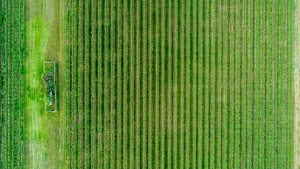
2) Local Farming
Today, corporate farms feed the world.
Farming is very hard work, but until recent decades, farming was typically on family farms. Today, the National Agricultural Statistics Service’s Census of Agriculture reported that family farms account for almost 96 percent of the 2,204,792 farms in the United States, but the family farm is in danger of being over-run by big corporate farms and GMO farming, which both demand fertilizer dependencies.
If we support our local farmers, we can restore their ability to produce higher quality foods to feed the local communities.
3) Manure And Composting
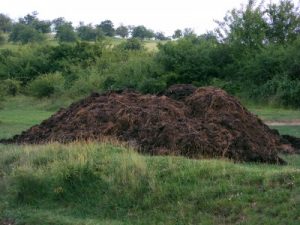

4) Home Gardens
You should never go hungry if you have a home garden. A home garden produces food for your private use, as opposed to a farm that produces food for others.
You will save money and always have access to fresh fruits and veggies when you grow them at home, and you can provide fresh, healthy veggies for you, your family, and your neighbors.
Different types of home gardens:
- An in-ground garden.
- A raised garden.
- Hydroponic gardens.
- Container gardens.
5) Free-Range
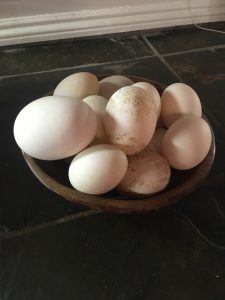
Free range is interpreted differently by many people, but basically it refers to animals that have access to outdoor spaces where they have access to graze on grasses and forage on plants and trees while absorbing sunlight and fresh air.
Free range chickens, goats, rabbits, and other animals will flock to your garden and eat the flowers in your yard, though, so if you have free-range animals at your homesite, design a space where you can corral them.
When food shortages occur, you can increase your home food production by having animals that produce eggs, milk, and meat for you, your family, and for your pets.
They also contribute to home fertilizers, by producing manure and compost material.
These are some win-win solutions that can help you prepare for food shortages. They are healthier for you and the environment, too!
________________
If you want to learn more about healthy living, contact me at janethull.com. Remember that you are never alone when you are looking for good health!
_____________
Disclaimer: This article is for informational purposes only, and is educational in nature. The FDA may not have evaluated some of the statements. This article is not intended to diagnose, treat, cure, or prevent any disease. Please discuss with your own, qualified health care provider before adding supplements or making any changes to your dietary program.
Before taking vitamins, consult your doctor; pre-existing medical conditions or medications you are taking can affect how your body responds to multivitamins.
You have our permission to reprint this article if you attribute us with a live back-link to this article https://janethull.com/